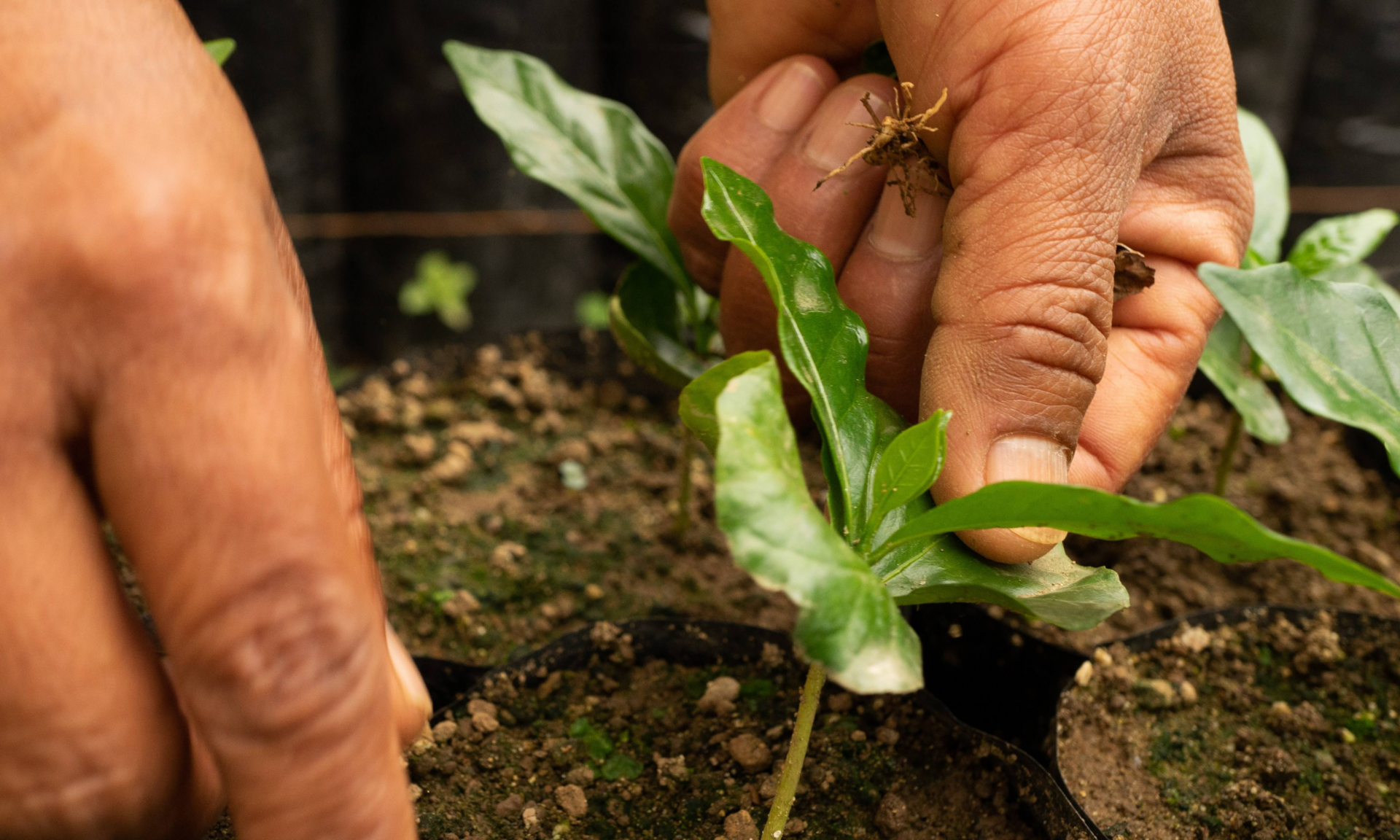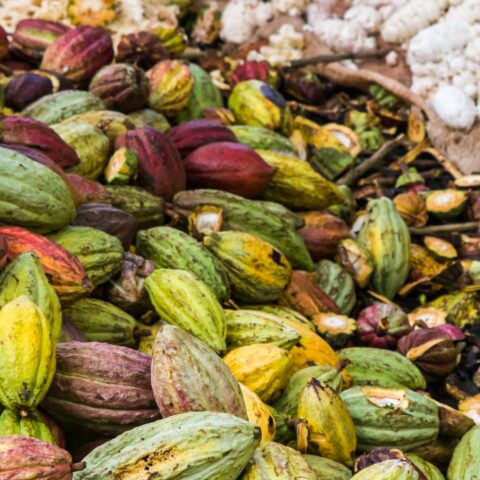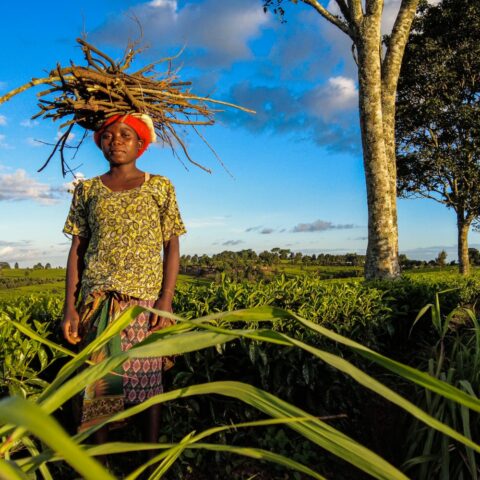The Challenge
Timor-Leste, a country in Southeast Asia, comprising the eastern part of Timor island, the exclave of Oecusse in the island’s north-west, and the minor islands of Atauro and Jaco, secured independence in 2002 after decades of conflict.
Since then, Timor-Leste has succeeded in building a democratic political system and has made significant social and economic progress. However, poverty remains pervasive, with limited access to basic services, endemic food insecurity and ongoing societal tensions.
With around 70% of the 1.5 million population relying on agriculture, the country is heavily exposed to the catastrophic consequences of extreme natural hazards, including tropical cyclones, floods, landslides, earthquakes, and wildfires. Climate change is expected to further increase the frequency and severity of such events.
Aside from the immediate devastation in terms of lives, infrastructure, and economic activity, any perceived governmental lack of disaster preparedness risks popular discontent and political instability.
What We are Doing
USAID’s Customs Reform Project (2019-21) succeeded in modernising Customs Authority operations and starting the integration of other government agencies into the clearance process. However, on completion, it also noted the substantial work required to improve disaster preparedness.
In seeking to bridge the gaps, USAID followed up its initial project by supporting Customs and relevant government stakeholders in developing fallback Standard Operating Procedures (SOPs), enabling border agencies to implement effective measures to maintain clearance operations in the face of potential system disruptions, infrastructure damage, and staff dislocation.
Following the launch of the SOPs in December 2023, the Alliance is reprising its partnership with the National Center for Disaster Preparedness (NCDP) at Columbia University to resource stakeholders in running effective scenario-based testing for these emergency clearance procedures, ensuring they work as intended when disaster strikes.
Previously, in February 2022, the partners collaborated with the World Customs Organization to conduct a similar exercise in Madagascar as Intense Tropical Cyclone Batsirai was bearing down on the island.
The technical supports in Timor-Leste are aimed at:
- Familiarising potential users with the SOPs.
- Verifying that the SOPs are robust and fit for purpose.
- Developing action plans to refine and further improve the SOPs through mutual consent (practical supports may be provided to help with implementation).
- Building local testing capacity through proven scenario-based techniques.
The Alliance has strong buy-in from several of its Global Business Partners and the local private sector, both of which can offer valuable insights into the challenges that border agencies face following extreme natural events. Their experience in logistics, customs clearance, and capacity building are also expected to contribute to successful implementation.
The Impacts
The project aims to reinforce the resilience of the fallback SOPs, enabling Customs and other relevant agencies to maintain clearance operations during and after an emergency, expediting the flow of humanitarian reliefs and empowering a swifter economic recovery.
In assessing their effectiveness, the Alliance and NCDP will detail what works well and what can be improved, as well as compiling an optimisation plan to prioritise the actions with the greatest impact on streamlining imports of humanitarian supplies.
Customs and other key stakeholders are expected to implement the designated tasks using materials designed to increase their capacity to continuously improve the new processes.


 Timor Leste
Timor Leste

